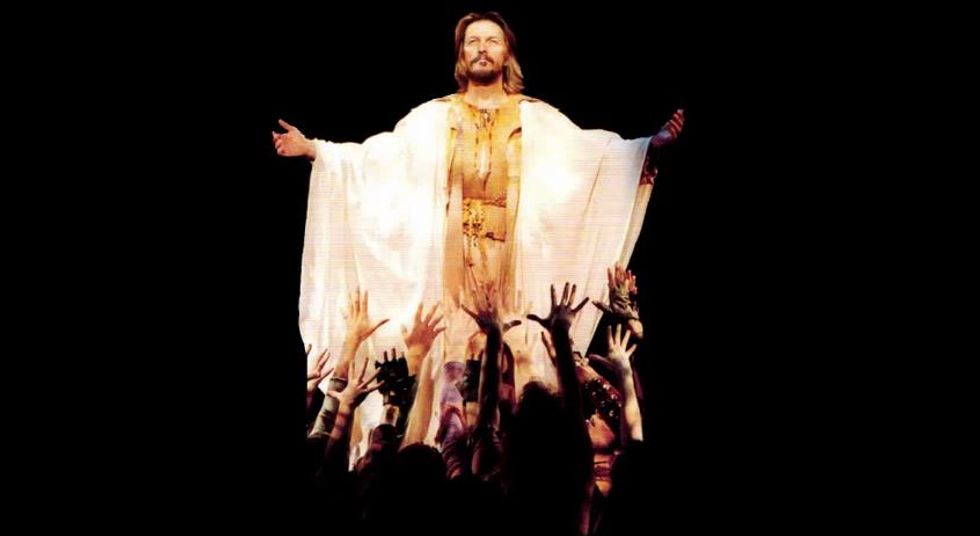It has been said by none other than Andrew Lloyd Webber, composer of Jesus Christ Superstar (or JCS, for short) that the show is at its best when it is as close to a rock concert as possible.
Even though it's been almost 50 years since the show's first performance, it's important to realize just how revolutionary and modern JCS is. The music truly is rock, and it rose to prominence during a time that Broadway was greatly lacking in genre diversity.
What Hamilton did for hip-hop in theatre, Jesus Christ Superstar did for rock.
While the incredible score, lyrics, and numerous excellent productions have all shown the grounding power of this ground-breaking musical, there is one thing that really cements its place as a legend in the musical theatre world: the story.
No matter how great all the other elements are, without a fantastic story, there wouldn't be much of an audience. Luckily for JCS, the story of Jesus Christ is one of the most well-known stories on the planet and a central part of so many individuals' lives and identities.
But what makes this version non-traditional? And what makes it a show that is enjoyable for Christians and Non-Christians alike?
The answer is simple: perspective.
For people who are unfamiliar with the show, Superstar is just as much Judas Iscariot's story as it is Jesus's story. The audience sees the show through the lens of Judas and it creates an environment where the show isn't taking sides.
What I mean by this is that the show never outright declares Jesus as "God" or "The Son of God," but it doesn't deny these claims either. It leaves it up to the audience to decide. Of course, there are some glaring factors that affect how strong any bias in the show really is: namely the message the director wants to send, and the portrayal of Judas.
Following the text of the show itself, Judas should not be portrayed as a heartless, villainous monster, but rather as Jesus's close friend, who develops a conflict with him over the fact that Judas does not believe Jesus to be the Son of God, but merely a man. It is important for the show to portray the more human aspects of Jesus as well so that Judas's message can come through stronger, and the audience can be more sympathetic towards him.
Of course, the knowledge and opinions people have of Jesus Christ will influence the way they view the show...and no matter how sympathetic the show tries to make the character of Judas Iscariot, there will always be those viewers who will only ever see him as a vile betrayer.
While Christians may be the main audience initially attracted to the show based on the name, some Christians who watch it might actually dislike the show because it isn't in line with their view of the Passion of Jesus.
That said, people of all religions and faiths can appreciate the show for its unbiased portrayal of the final days of Jesus's life, it's amazing rock music, and it's wonderful to focus on relationships.
I only hope that Jesus Christ Superstar: Live in Concert builds on the great legacy of JCS and that the show has a great success. That said, if it doesn't live up to expectations, one performance doesn't define an entire body of work.






















